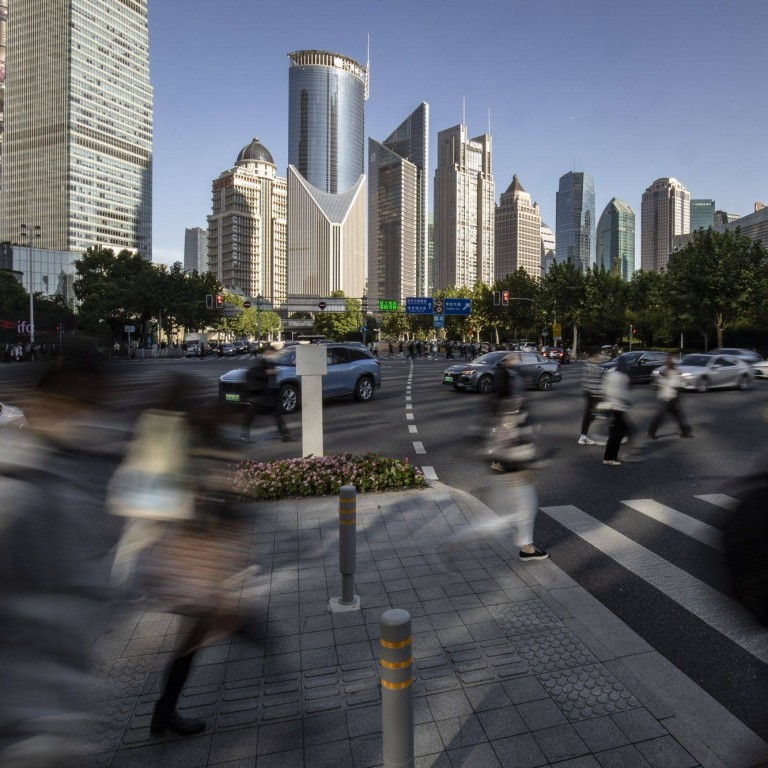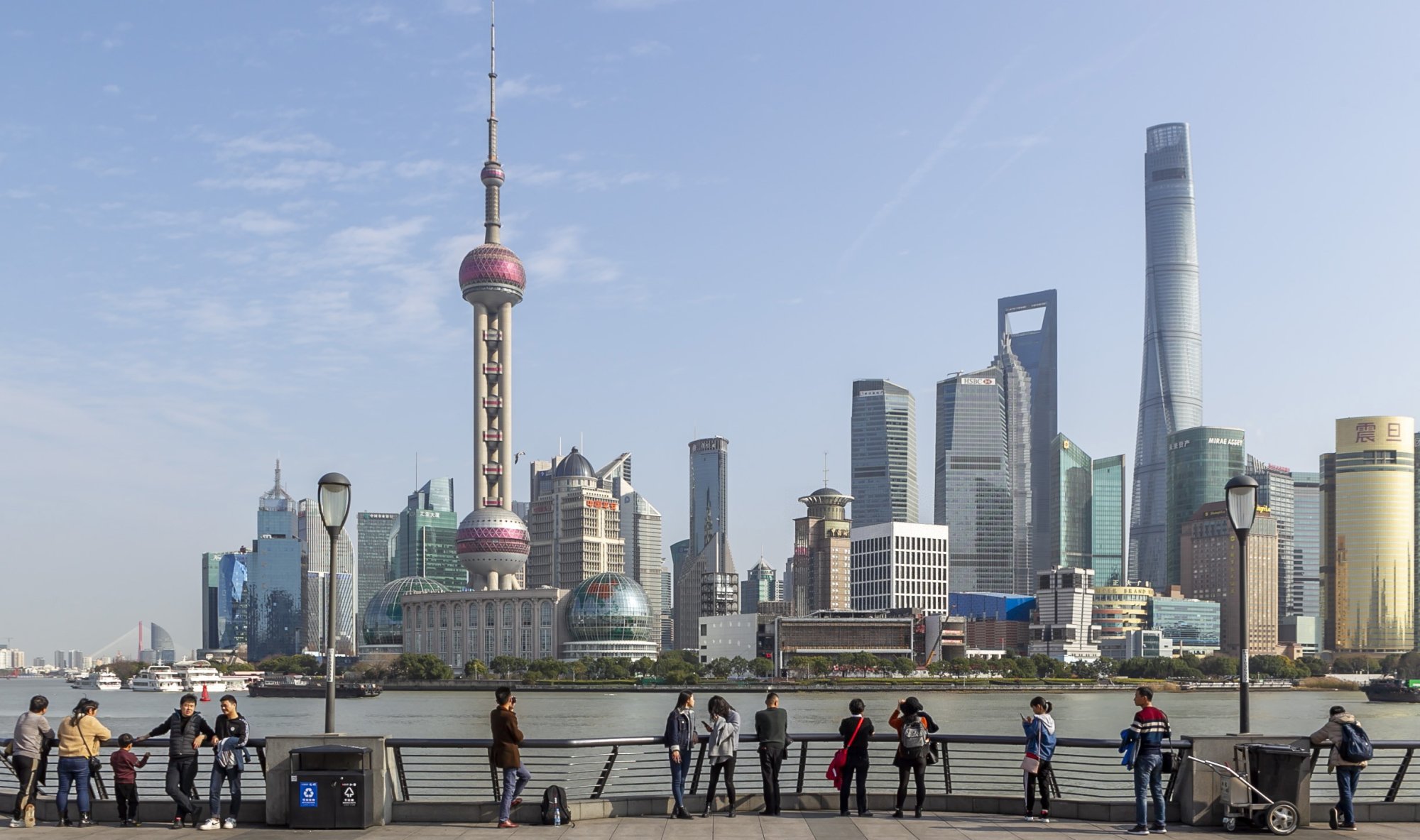
Brookfield sees opportunities in China’s real estate market to snap up bargains from distressed developers
- The Toronto-based alternative assets manager is targeting prime real estate in top cities after acquiring three buildings in Shanghai in September
- Talks for lucrative assets are in progress but the deals depend on pricing, says Brookfield vice-president Yang Yiwen
Yang Yiwen, senior vice-president of real estate portfolio management for Brookfield in China, said the Toronto-based firm would target prime properties in first-tier cities as they have potential to generate good long-term returns.
“We are seeing opportunities and are pursuing lucrative deals,” she said. “There will be drawn-out negotiations because of pricing gaps to close.”
Some cash-strapped Chinese developers, under pressure to repay debts and cut leverage ratio, are putting up for sale office buildings and shopping malls – which are viewed as rare assets in the country’s most developed cities like Shanghai.

Brookfield, which traces its roots to a tram operator in Brazil at the turn of the 20th century, is among a clutch of foreign investors chasing property assets on the cheap in China.
The firm, which manages about US$750 billion of alternative assets including US$106 billion in Asia-Pacific across real estate, infrastructure, renewable power, private equity and credit strategies, said it was committed to China and plans to invest and manage property assets that have a synergy with its global businesses.
“We will ramp up investment in those assets in which we have strong capability to manage,” said Yang.
She did not disclose the assets Brookfield was targeting.
While Brookfield did not reveal the transaction value, Guangdong-based media outlet Time News reported that the company spent 1.3 billion yuan (US$185 million) on the three towers, citing unidentified officials from KWG.
It translated into a 60 per cent discount to the price the two developers paid for the assets in 2010.
The Canadian firm is preparing to offer 413 flats and 144 hotel rooms in the next six to eight months in China’s biggest commercial hub.
Beijing property policy moves seen as ‘turning point’ for troubled sector
In April 2019, it agreed to pay 10.57 billion yuan to take over the Huangpu Centre on the South Bund in Shanghai from Greenland Hong Kong, a subsidiary of Shanghai’s largest developer Greenland Holdings, according to an exchange filing by Greenland Hong Kong.
Brookfield has renamed the project One East.
On Thursday, Moody’s Investors Service said in a report that the Covid-19 pandemic disruption and rising geopolitical tensions were exacerbating the weak property sector, which could eventually threaten the country’s financial system.
However, foreign investors including Goldman Sachs and Blackstone are increasingly keen on Chinese commercial properties as they shrug off worries about a slowing economy and a downturn in the country’s property sector.
Global asset managers believe that they can see through short-term challenges and sniff out the long-term economic trends.
Risks to China’s financial system to rise amid property downturn: Moody’s
In October, US bank Goldman Sachs set up a joint venture with Shanghai-based logistics firm Sunjade to focus on investments in warehouses and logistics facilities.
Private equity group Blackstone raised more than US$7.8 billion for its Asian opportunistic real estate fund in late September, betting on growth in Asian economies including China.
According to the China Index Academy, a real estate consultancy, foreign institutions such as BlackRock, Daiwa House Group, e-Shang Redwood and CapitaLand have recently bought land parcels or property assets in China, showing their bullishness in the long-term outlook of the mainland economy and real estate market.
Sam Xie, head of research at CBRE China, said a turnaround of the mainland’s property industry could be expected now that Beijing has started easing the Covid-19 pandemic curbs.
“Chinese authorities have taken initial steps towards relaxing the stringent virus-control measures,” he said. “The downward trend will be reversed sooner or later.”

